|
0 Comments
Jonah 1:3 - But Jonah rose up to flee to Tarshish from the presence of Adonai. So he went down to Joppa, found a ship which was going to Tarshish, paid the fare and went down into it to go with them to Tarshish from the presence of Adonai. Jonah 2:3 - You hurled me into the depths, into the very heart of the seas, and the currents swirled about me; all your waves and breakers swept over me. Jonah 3:4 - Jonah began by going a day’s journey into the city, proclaiming, “Forty more days and Nineveh will be overthrown.” Jonah 3:6 - When Jonah’s warning reached the king of Nineveh, he rose from his throne, took off his royal robes, covered himself with sackcloth and sat down in the dust. Jonah 3:10 - When Adonai saw what they did and how they turned from their evil ways, Adonai relented and did not bring on them the destruction Adonai had threatened. The. Vidui-Ashamnu: When We Have to Wait for Teshuva
Elizabeth and Devorah are back this week during the 10 Days of Teshuva between RH and YK bringing you new harmonies for the well-known “alphabet of woes.” Elizabeth debunks the age-old myth that we are in control of our own journeys toward reconciliation. In waiting for the cosmos to align, for people to choose to atone, and thus for true reconciliation to occur, we must be patient and remain steadfast-we must choose hope and find peace in our ourselves. Shema Koleynu is one of the most powerful prayers on Yom Kippur.
“Hear us o God and do not leave us alone. Respond to us and do not forsake us!” The High Holy Days are filled with prayers that invoke our need for God in our lives. But what about people who don’t relate to any form or concept of God? What does it mean for a Jew who doesn’t believe to stand up on Yom Kippur and say, “Hear our pleas, O God”? Elizabeth explores this question through the lens of the High Holy Day “Shema Koleynu.” In the age of doubt and true skepticism, the answer might be found in the strength of individuals who make up the diverse tapestry of a Jewish community. לׅׄוּלֵׅׄ֗אׅׄ הֶ֭אֱמַנְתִּי לִרְא֥וֹת בְּֽטוּב־יְהוָ֗ה בְּאֶ֣רֶץ חַיִּֽים׃ Had I not the assurance that I would enjoy the goodness of the LORD in the land of the living… Psalm 27:13 [Sefaria] Elizabeth ponders what it means to see God’s goodness in the land of the living—The most powerful of holy day prayers—U’netaneh Tokef asks us to face the reality that some of us won’t make it to the next Rosh Hashana. It is a terrifying prayer and also somewhat cathartic. Isn’t better to just have it out there that we might not make it? That we don’t have unlimited time on this earth and that putting things off might leave some seriously unfinished cosmic business.
|
ReflectionsHineni.Space posts brief daily offerings (Elul meditations, reflections, poetry, and melodies). There is a tradition to hear the shofar every day of the month of Elul and to recite the verses of Psalm 27. Archives
March 2021
Categories
All
|
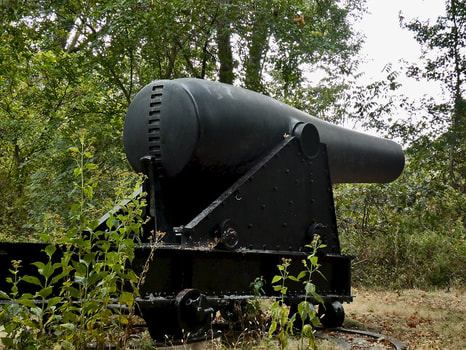

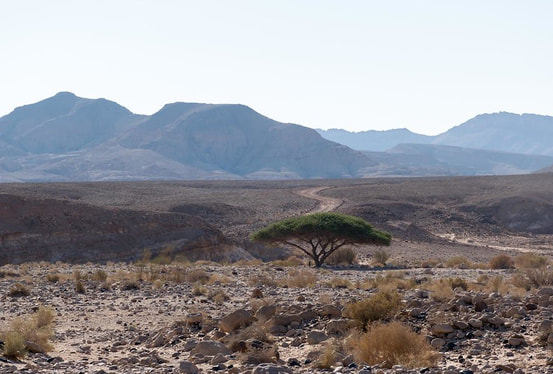
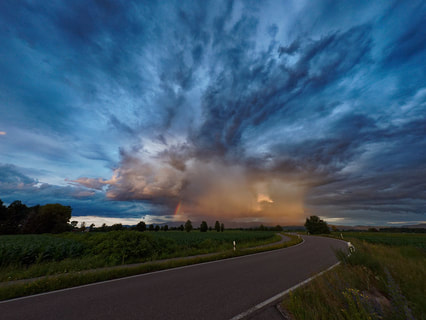
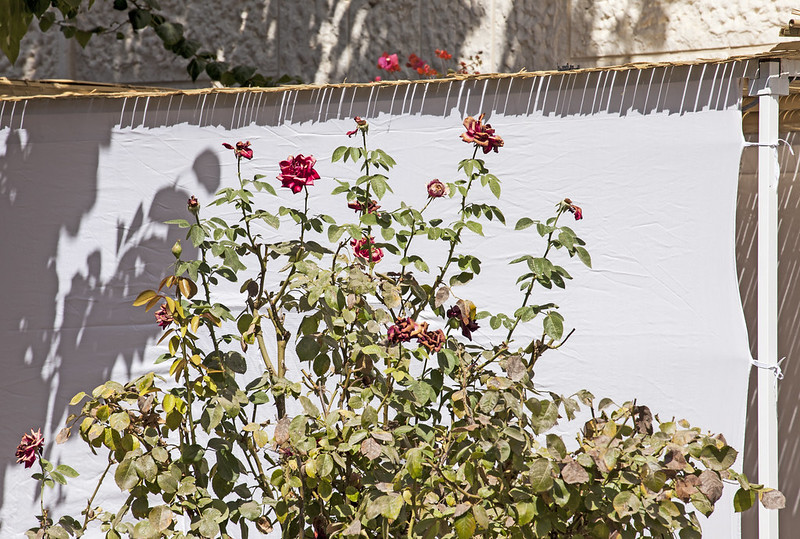

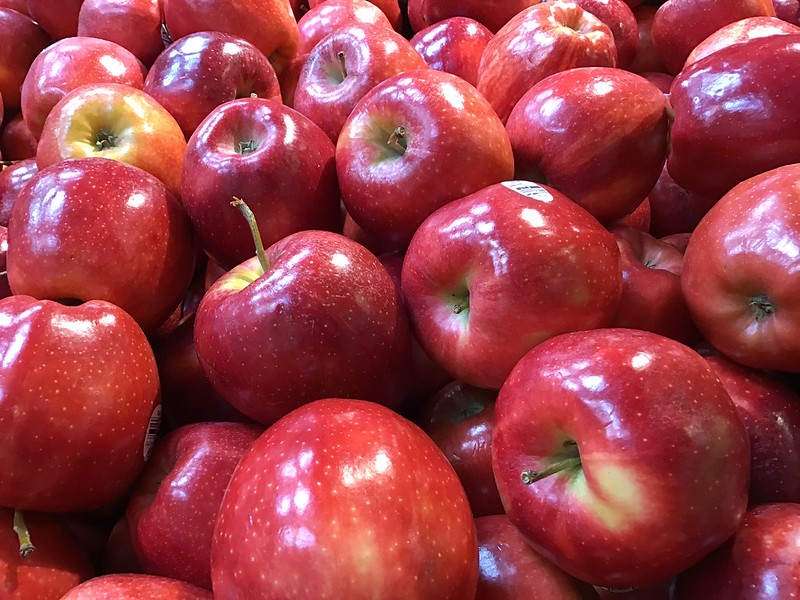
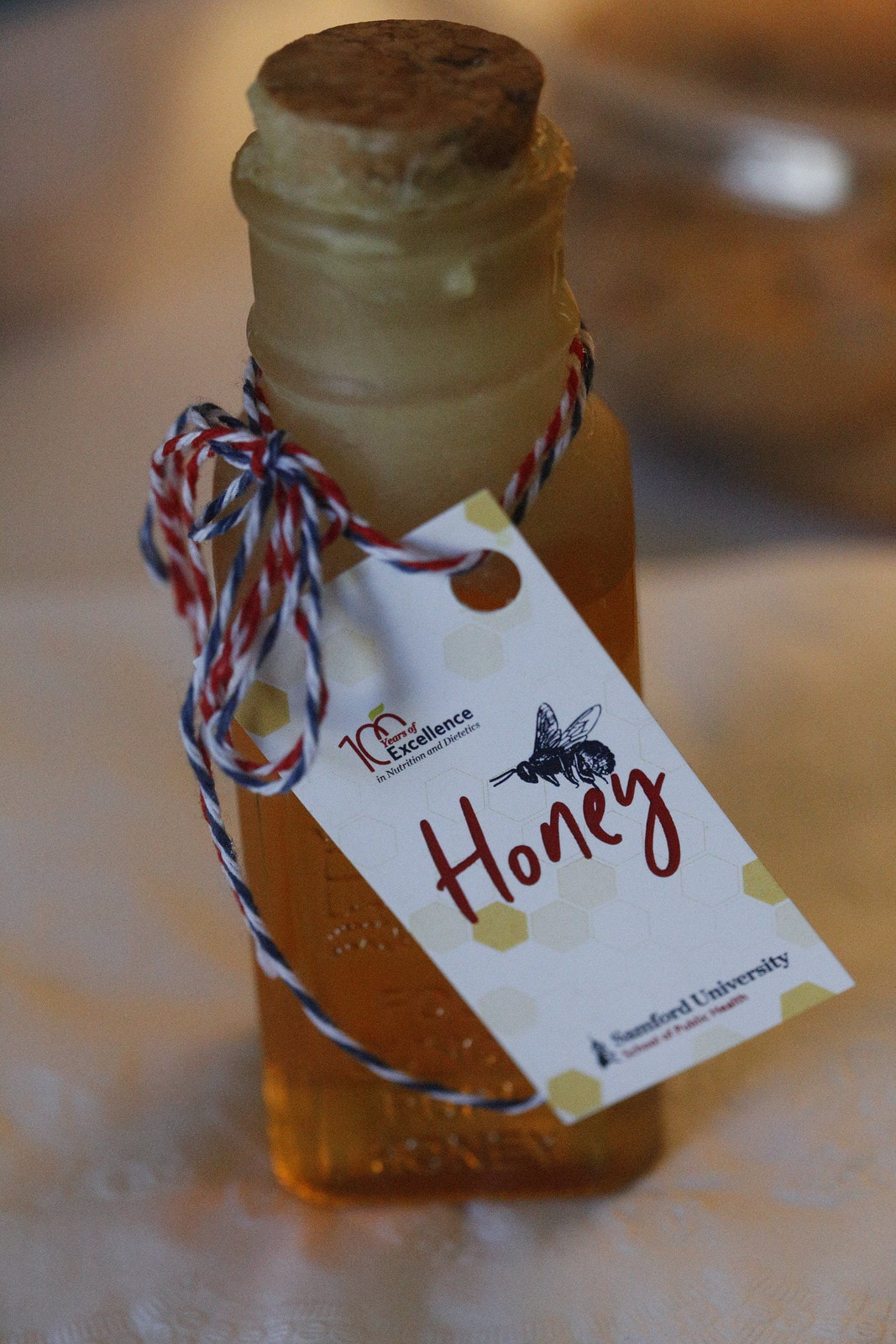
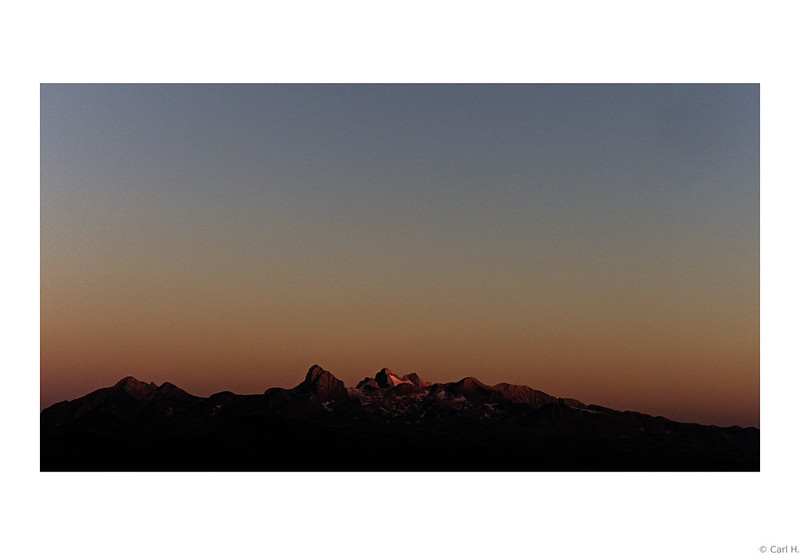
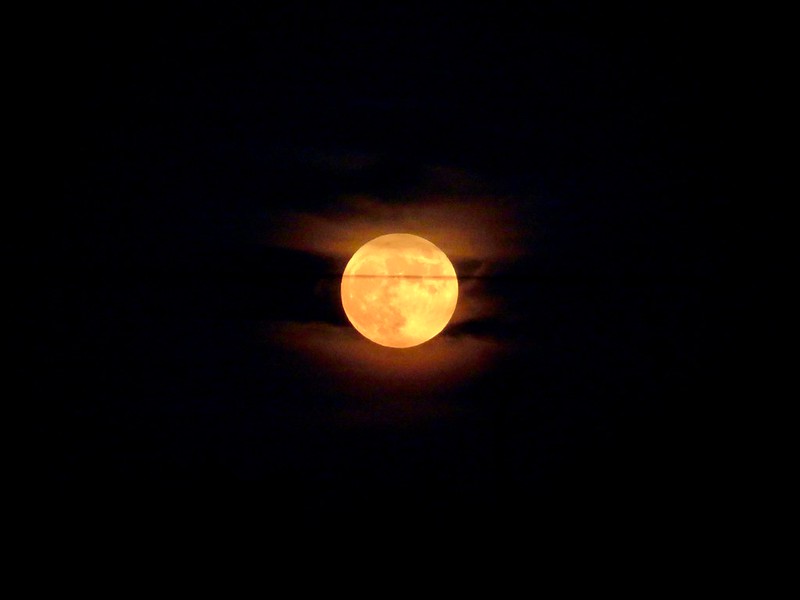
 RSS Feed
RSS Feed